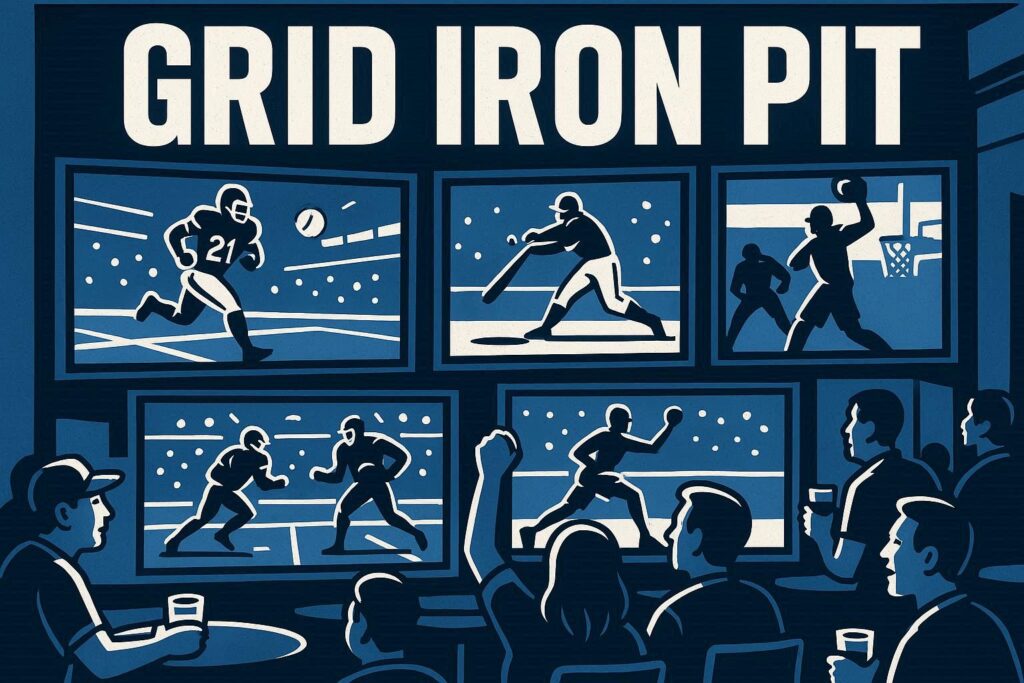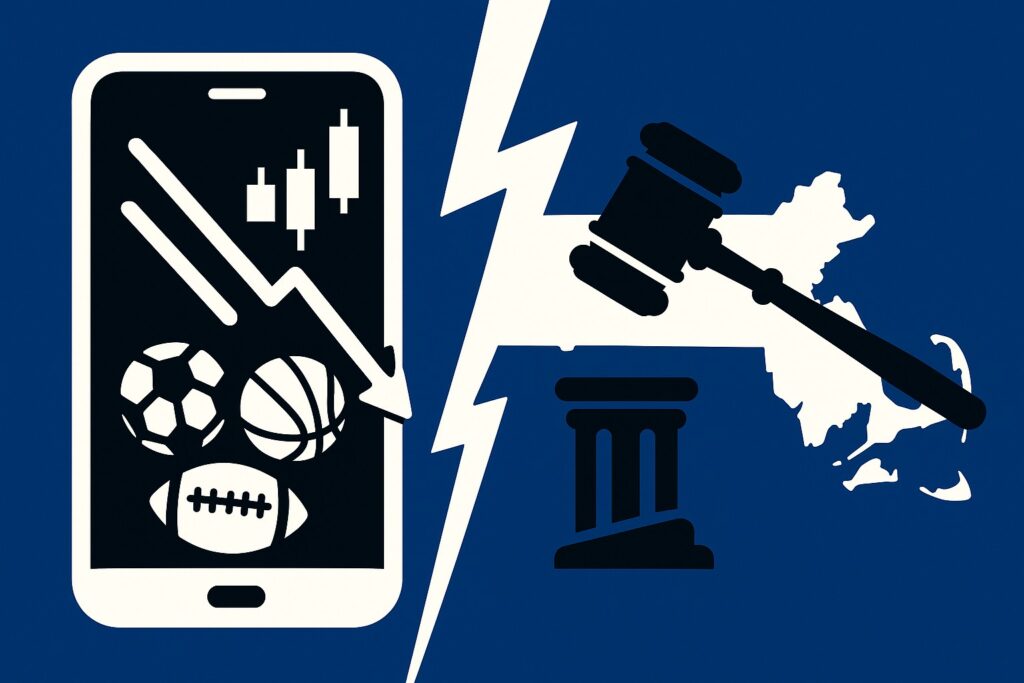No matter your politics, we can all agree Donald Trump is a disrupter.
The degree of the disruption occurring during Trump’s second term, however, has been difficult to anticipate. Many Americans voted for him because they believed things needed to be shaken up, but they didn’t necessarily foresee exactly what was coming.
Trump, for example, campaigned on tariffs, but the extreme levies he’s imposed on imports have been startling.
Trump-induced disruption has also breached the country’s gambling industry, first in the prediction markets space, and now, via a provision in his One Big Beautiful Bill Act (OBBBA). While the latter, a new and potentially crippling tax calculation for gamblers, has gone largely unnoticed, or at least ignored, by the mainstream media, it’s causing extraordinary angst among bettors.
And there may be a connection between the two.
Trump(s) and prediction markets
On Jan. 13, 2025, exactly one week before his father’s second inauguration, Donald Trump Jr. joined Kalshi as a strategic advisor.
Trump Jr. said publicly he teamed up with Kalshi to help the company bring “truth to the world” and “upend mainstream media.” He trumpeted Kalshi markets’ ability to more accurately predict election results, such as his father’s resounding victory over Kamala Harris, than polls or talking heads. Kalshi CEO Tarek Mansour stressed his new hire’s tech and new media savvy.
To many gambling industry observers, though, Trump Jr.’s appointment signifies something more: a cozy relationship between Kalshi and his father’s administration.
Kalshi, the prime driver of prediction markets’ foray into sports betting, is battling multiple states, which contend the company is operating as a sportsbook without a license in their jurisdictions. Kalshi won preliminary injunctions to stop both Nevada and New Jersey from enforcing cease-and-desist orders against it, and 34 states (both red and blue), in addition to hundreds of Native American tribal nations, are supporting New Jersey’s appeal of that decision.
Maryland hangs in the balance. Kalshi is in a similar legal confrontation there, and there are indications that U.S. District Judge Adam B. Abelson may side with the state, unlike his counterparts in New Jersey and Nevada.
But even if Abelson’s decision in Maryland isn’t favorable to Kalshi, states have a long way to go to stop the company from offering what is essentially sports betting.
Under the regulation of the Commodity Futures Trading Commission, Kalshi has the federal government – the executive branch, specifically – on its side. Trump nominee Brian Quintenz awaits confirmation as head of the CFTC.
During his confirmation hearing on June 10, Quintenz implied he would allow prediction markets to continue to offer what Kalshi and other companies position as “sports event contracts” and that he would defend these companies against legal challenges from states.
“Nothing in the [Commodity Exchange Act] that I’m aware of prohibits or affects the opportunity of tribes to offer those products, those markets and those services,” he said.
Does new gambling tax rule help prediction markets?
A Senate amendment in Trump’s Big Beautiful Bill – minor in most people’s minds relative to issues like Medicaid cuts and deficit and debt ceilings – limits the losses that gamblers can write off to 90%, down from 100% under current law. Professional bettors, who would have to count business expenses as part of that 90%, are decrying the provision as a death-knell to their careers.
While it’s unclear whether the new wagering tax rule was added to the bill at Trump’s behest, the seismic shift for gamblers is indeed happening under his watch.
The new law could benefit prediction markets. If profits (winnings) on Kalshi, for example, are treated like profits from other CFTC-regulated contracts, prediction markets become a lot more attractive to sports bettors.
The tweet continues:
“… I’m no CPA, but have filed as a professional trader with TTS (trader tax status) for years. I would assume that traders filing professionally with TTS would be able to deduct all expenses and enjoy [market to market] accounting on these contracts, same as any other instrument.
“The IRS might disagree, but we don’t have any case law on this topic to look to for precedent. It’s all so new.
“Net-net, there will be a massive incentive to get into the events markets. It’ll be existential – you either move to events, or you’re taxed out of business.”
If this informed interpretation proves true, Trump Jr.-advised Kalshi is looking even better once the Big Beautiful Bill is signed into law.





